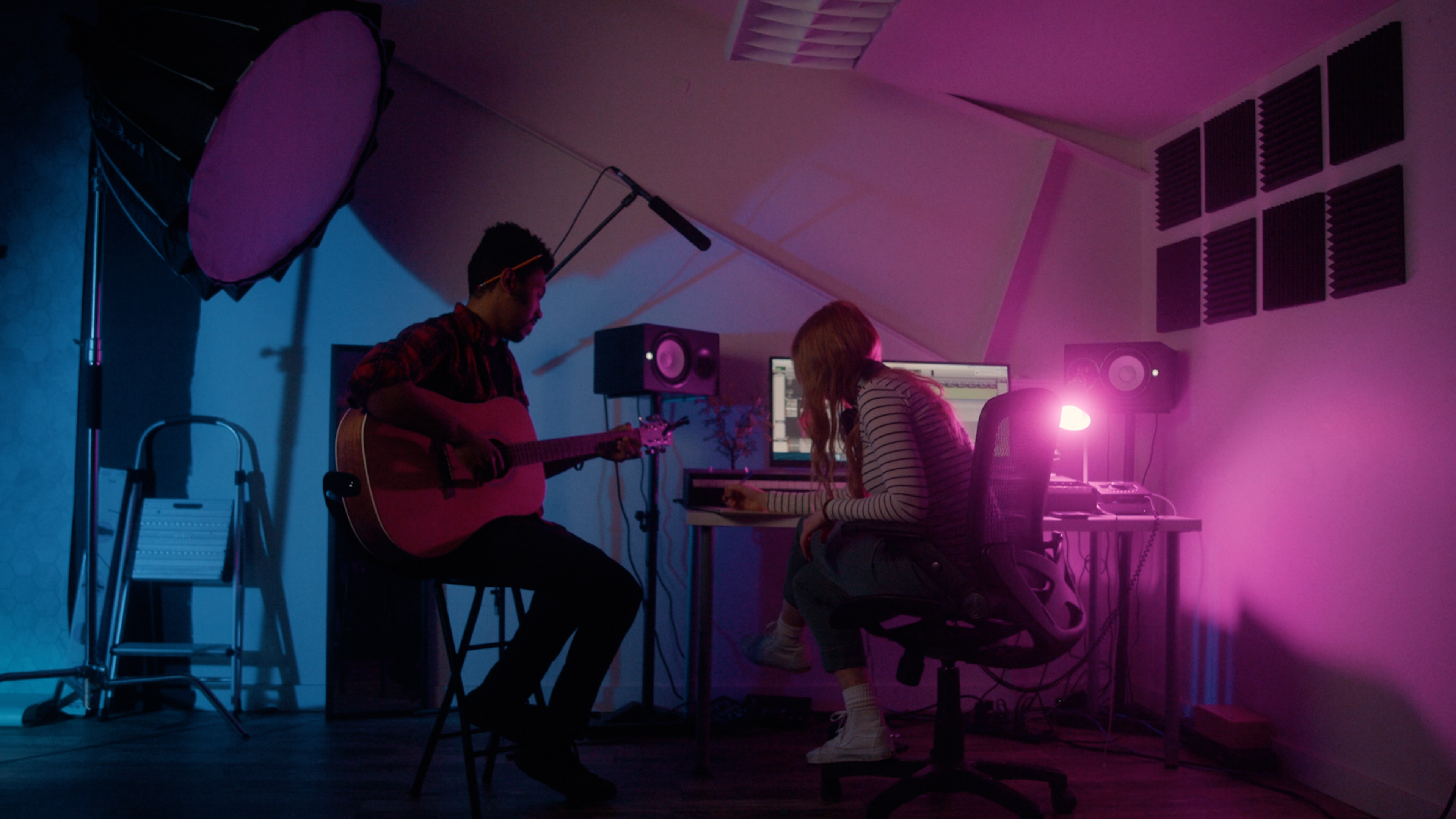
4 Things To Know When Hiring A Composer
I’ve had the unique dual experience of being both a filmmaker and composer. And I’ve used this knowledge to develop these tips.
Continue ReadingBy Kevin Graham
Whether it’s due to gear limitations or noise on-set, sometimes it’s just not possible to record your dialogue during the filming of a scene.
In situations like this, if there is dialogue in the scene, it will need to be re-recorded later by the actor, in a studio, and replaced in post-production.
This process is called ADR, which stands for Automated Dialogue Replacement.
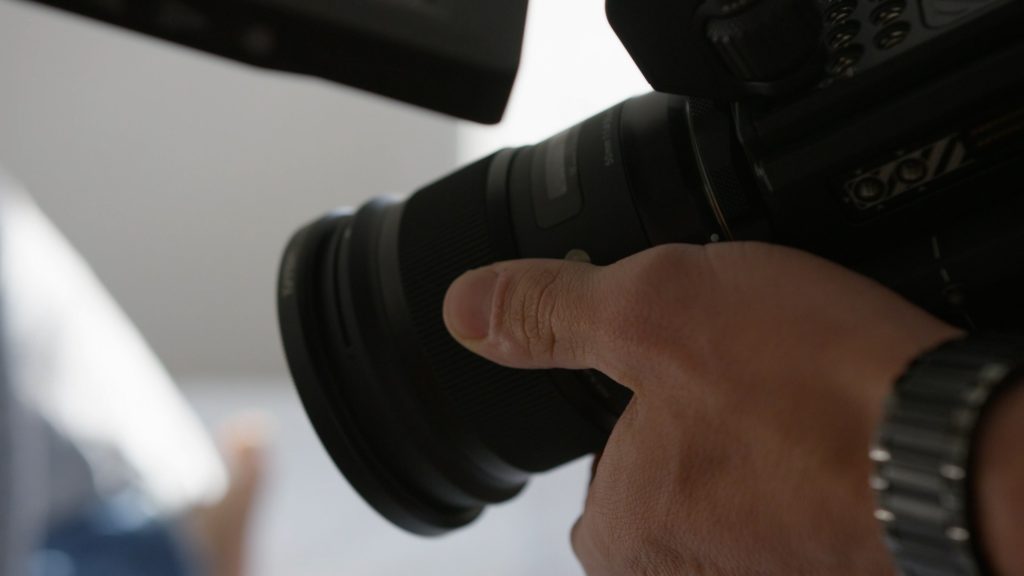
If your set has to be loud, whether it’s from props or vehicles or the location itself, it’s going to be very difficult to capture usable dialogue audio.
Noise reduction software and a skilled sound mixer can work wonders on minor audio problems, but sometimes, it’s a lost cause.
This is when taking the time to replace the dialogue via ADR can pay off immensely.

It is important to still record scratch audio of the actor’s performance during filming, because this is what they’ll use as a reference during the ADR session.
Usually recorded take-by-take, the scratch audio is played (along with the video) in the studio for the actor, who then attempts to recreate the cadence, inflection, intensity, and tone of the dialogue, this time in a quiet acoustic setting.
Most seasoned actors are used to this process, and can convincingly recreate their earlier performances.
It is then the sound mixer’s job to add the ADR audio back into the timeline and adjust levels and effects to match the original environment.
Because the ADR was likely recorded in a studio environment, different types of EQ, reverb, and distortion are usually needed to get the new audio to play well with what’s happening onscreen.

Especially in bigger-budget films and videos, ADR is more popular than you might think. In fact, most of your favorite movies have likely used ADR to some extent, sometimes even exclusively.
We hope this quick overview will give you the knowledge needed to bring this blockbuster technique to your own productions.
Kevin is the Music Director and Lead Composer at Filmpac.

I’ve had the unique dual experience of being both a filmmaker and composer. And I’ve used this knowledge to develop these tips.
Continue Reading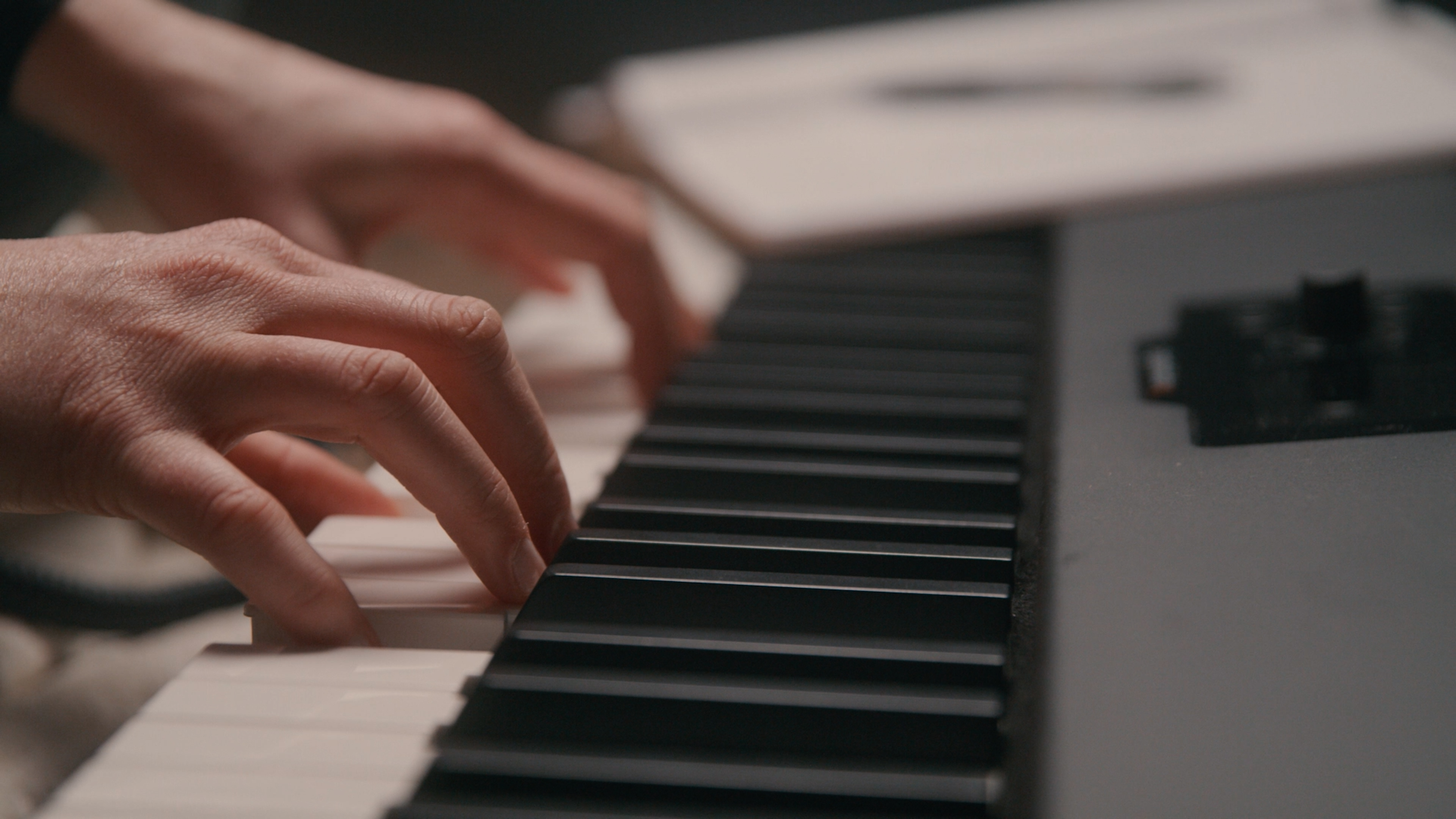
There are basically two ways to get that music: either hiring a composer, or licensing pre-existing music from a stock website.
Continue Reading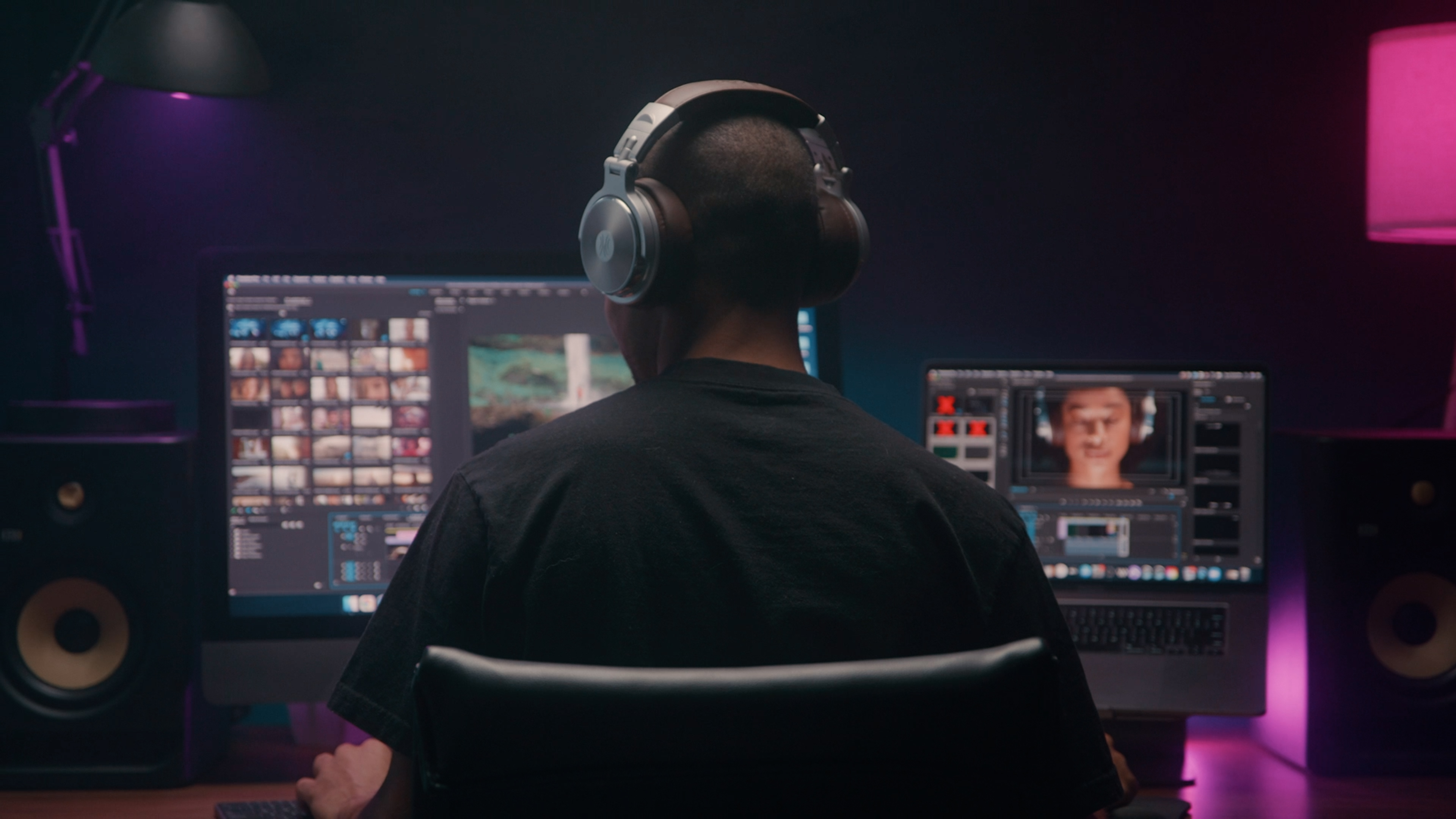
An audio limiter is a great tool to help you control your video’s loudness. We explain when and how to use one here.
Continue Reading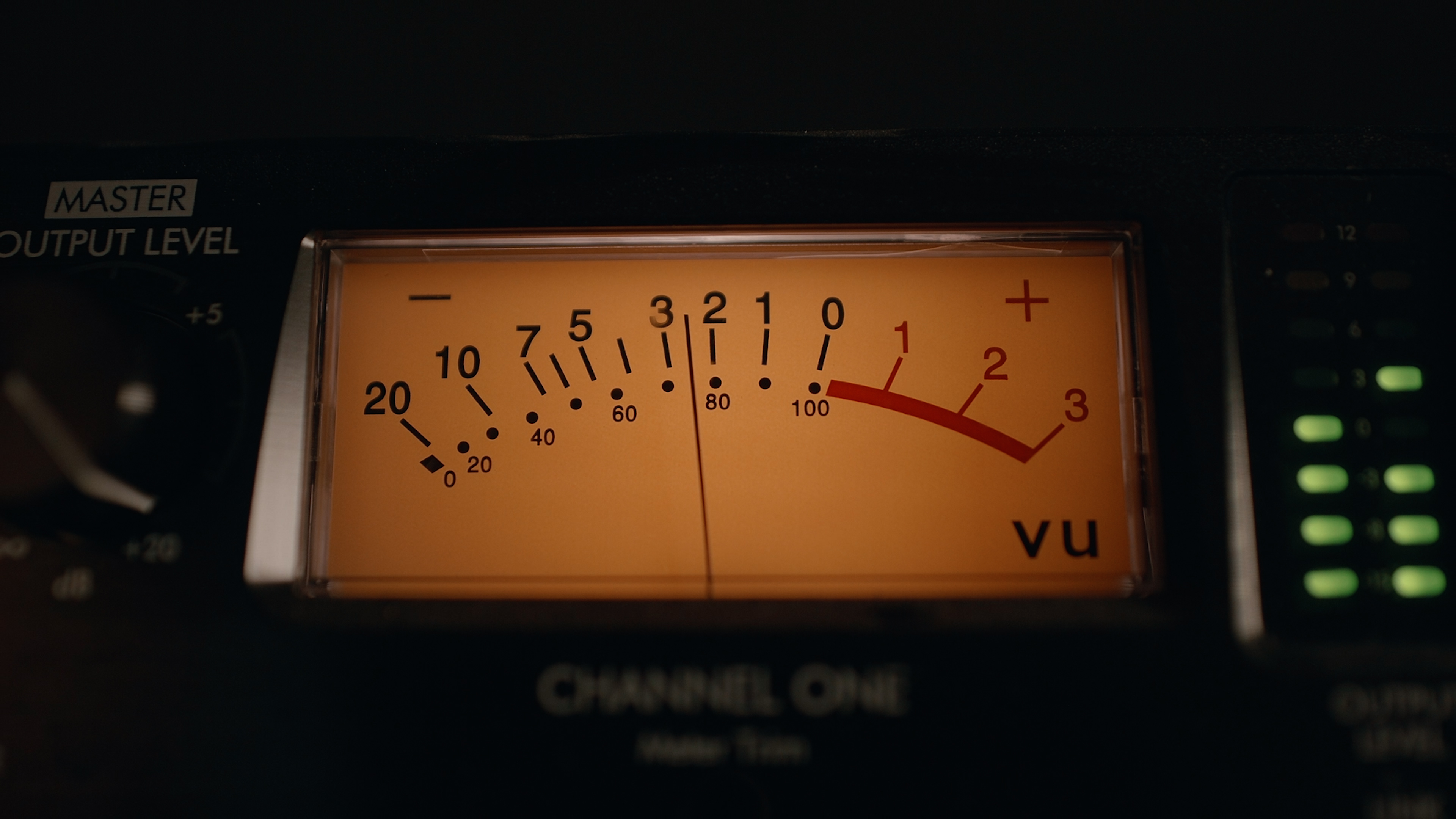
One of the most useful audio effects in video post production is compression. This article explains what it is and when to use it.
Continue Reading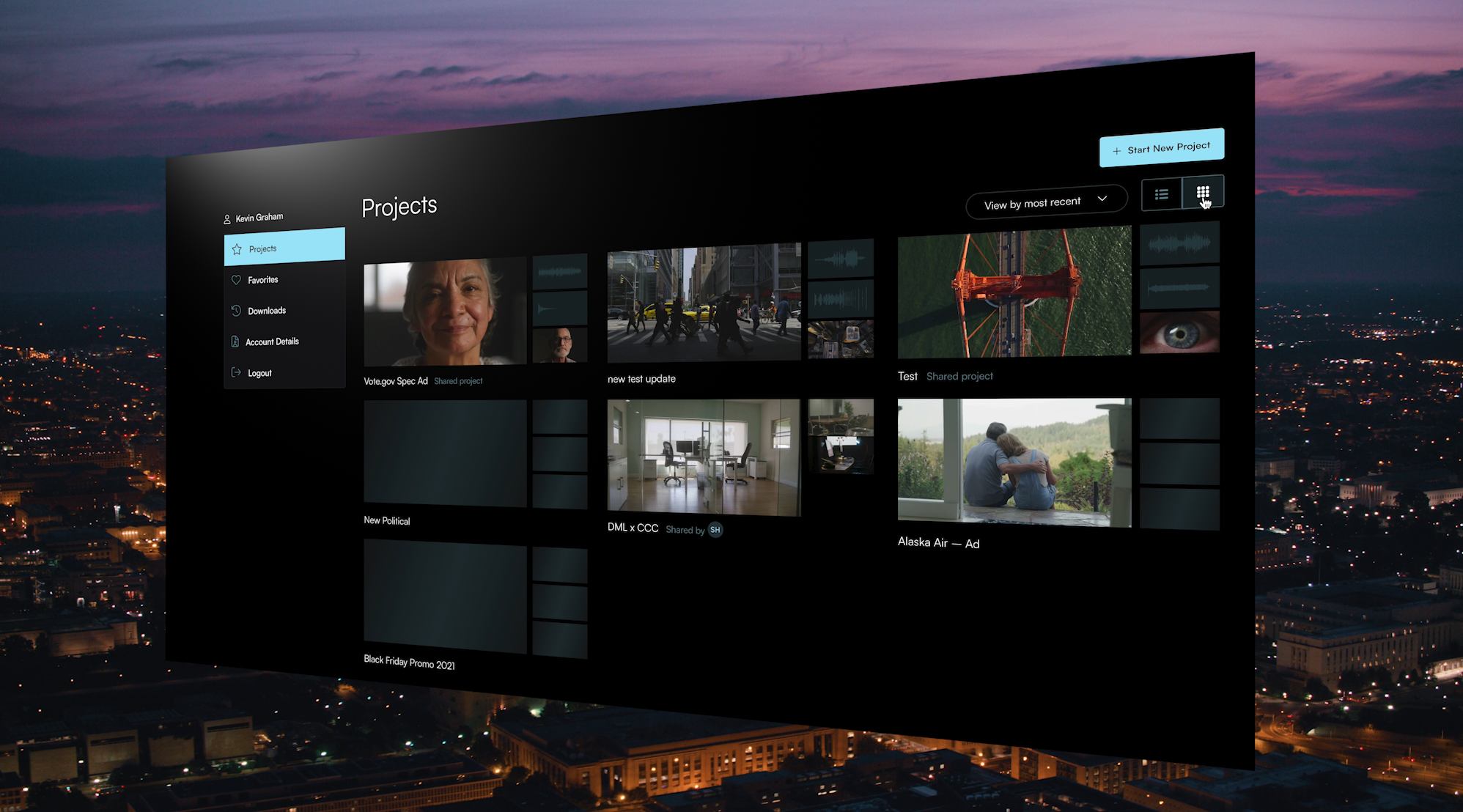
Filmpac’s newly-designed Project Feature is a powerful tool for collaborative video editing. Here’s a quick rundown of how it works.
Continue Reading
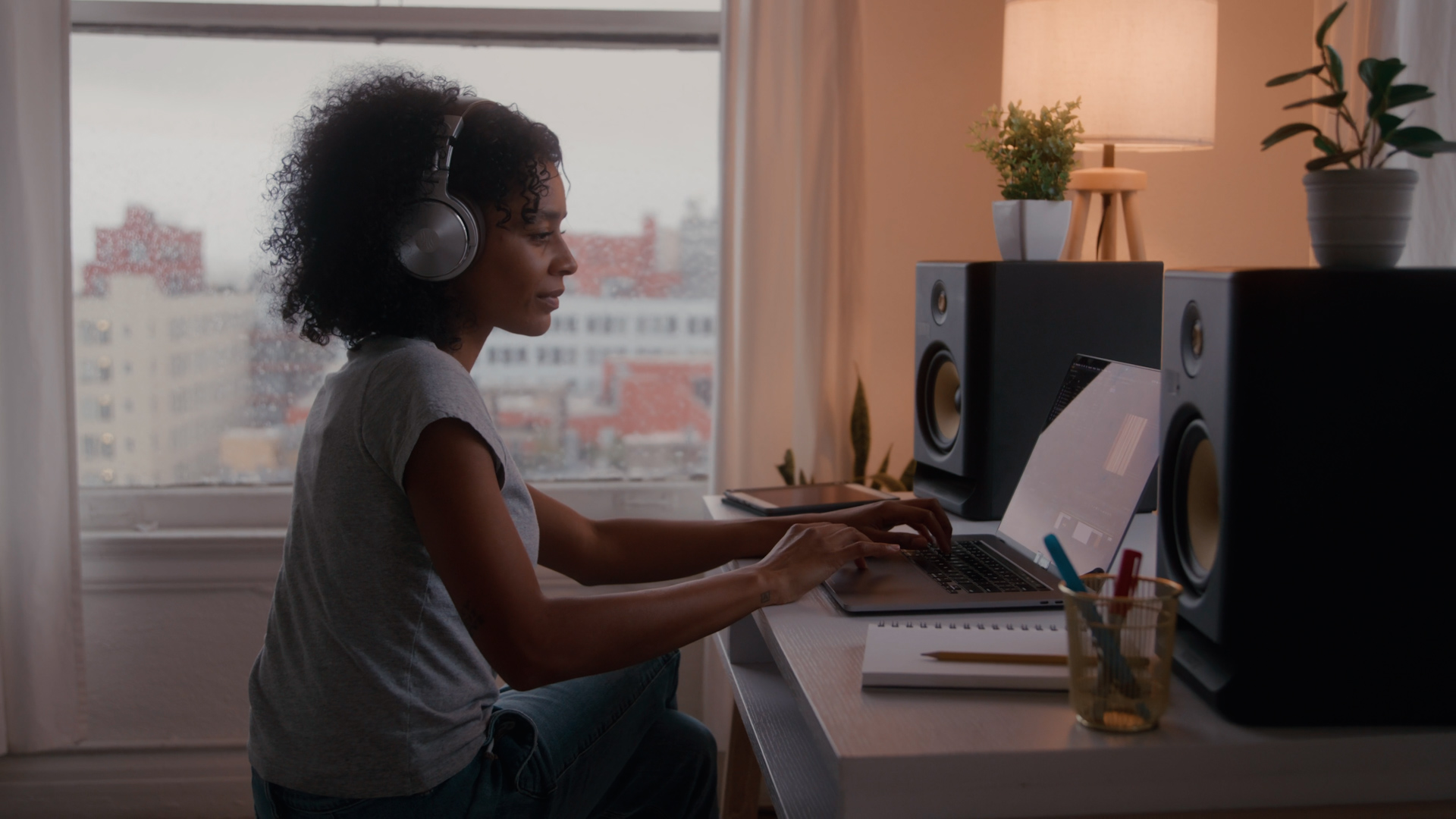
One of the most difficult parts of being a professional filmmaker is effectively managing and budgeting your time.
Continue Reading
Want to make money selling footage through a major stock footage platform like Filmpac? This page will walk you through the processs.
Continue Reading